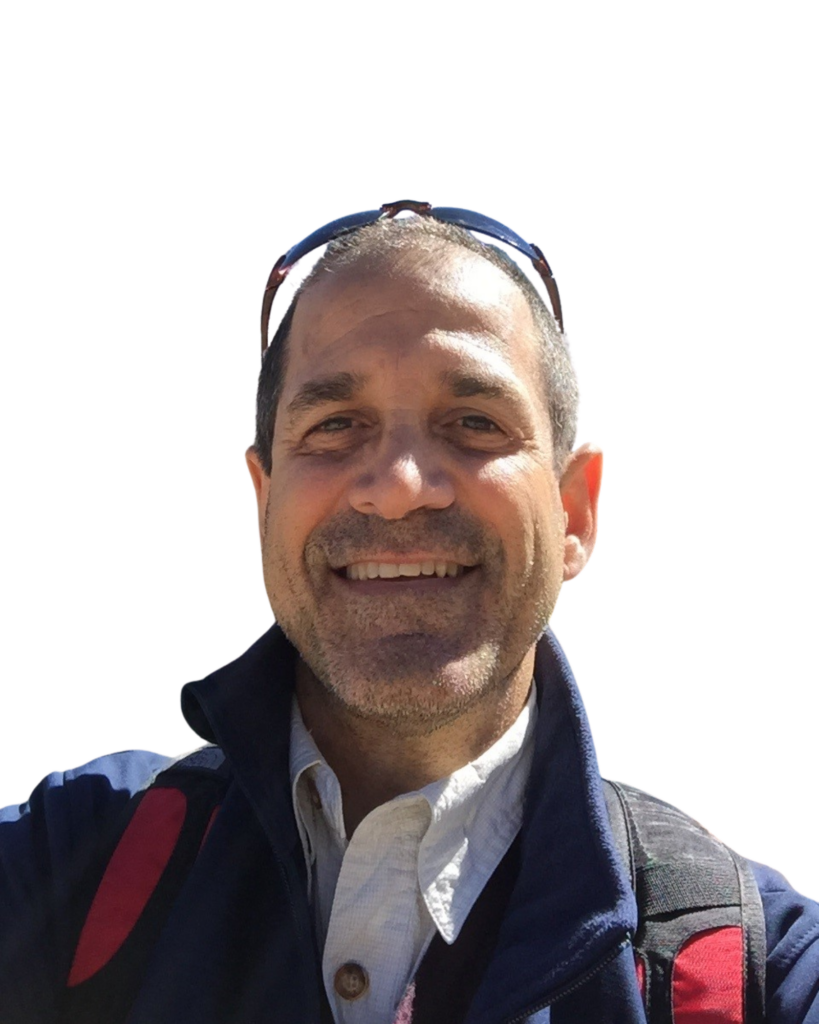Robert Freling
Robert A. Freling is the Executive Director of the Solar Electric Light Fund (SELF), a nonprofit organization dedicated to providing solar energy solutions to rural and remote communities around the world. Under his leadership since 1997, SELF has implemented over 650 solar energy systems across 25 countries, positively impacting health, education, food security, water access, and economic development in underserved regions.
Freling is known for pioneering the “Whole Village Development Model,” which leverages solar energy to support comprehensive community development. This innovative approach has established SELF as a global leader in combating energy poverty and promoting sustainable development. His commitment to renewable energy and social equity earned him the King Hussein Leadership Award in 2008.
Beyond his role at SELF, Robert Freling is a recognized thought leader in renewable energy, contributing articles to platforms such as HuffPost and sharing his insights through public speaking engagements. He is passionate about utilizing clean energy to create sustainable solutions that empower communities and improve quality of life worldwide.
At the SLinT Tech Expo 2025, Robert Freling will join the panel session “Renewable Energy in Africa – Trends, Challenges, and Opportunities,” where he will share his extensive experience and visionary insights on leveraging solar energy to drive sustainable development and transform communities across Africa.

Renewable Energy in Africa - Trends, Challenges, and Opportunities
Description
This session delves into the evolving landscape of renewable energy in Africa, highlighting the significant trends that are shaping the sector. As Africa strives for sustainable development, renewable energy stands as a critical component in achieving energy security and environmental sustainability. The discussion will cover the technological advancements, policy dynamics, and investment opportunities that are driving the renewable energy boom across the continent.
Objective
Examine Key Trends: Explore current and emerging trends in renewable energy within Africa, such as the rapid growth of solar power installations, the expansion of wind energy projects, and the innovative use of bioenergy resources.
Identify Challenges: Address the barriers to renewable energy adoption, including financial constraints, infrastructural deficits, and regulatory uncertainties that hinder large-scale implementation.
Highlight Opportunities: Outline the opportunities that renewable energy presents for economic diversification, job creation, and energy access, particularly in rural and underserved communities.
Showcase Benefits: Illustrate the environmental and economic benefits of transitioning to renewable energy, such as reduced greenhouse gas emissions, enhanced energy independence, and increased resilience against energy price volatility.
Expected Outcome
Provide participants with insights into how they can engage with and benefit from the renewable energy sector, including guidance on entering the market, influencing policy, and promoting sustainable practices within their communities.